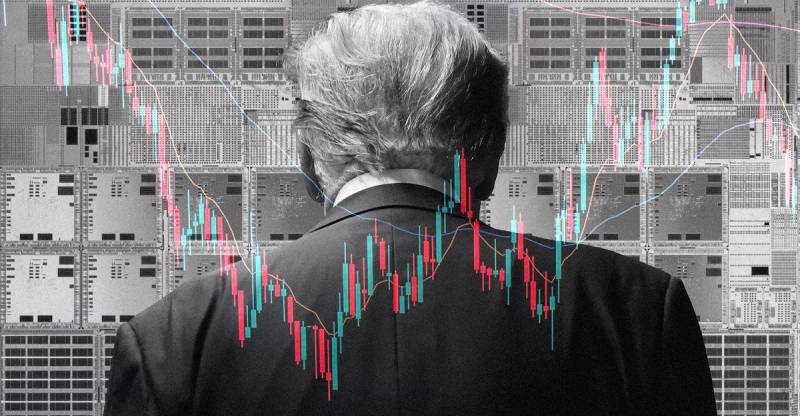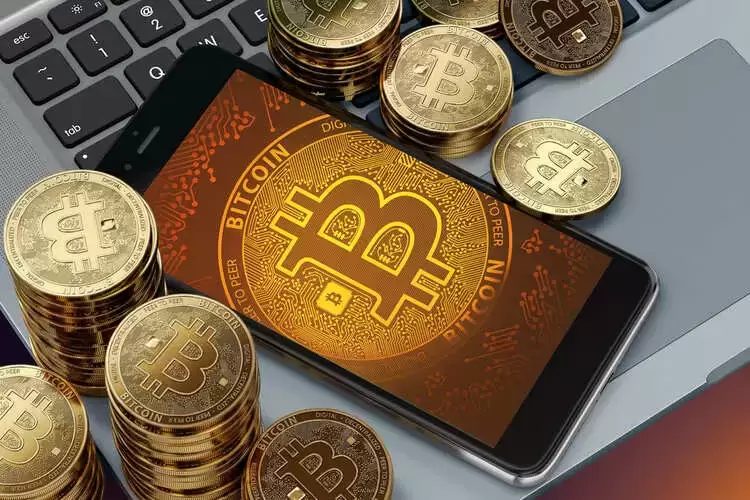 |
|
 |
|
 |
|
 |
|
 |
|
 |
|
 |
|
 |
|
 |
|
 |
|
 |
|
 |
|
 |
|
 |
|
 |
|
On Inauguration Day, many felt real euphoria at the prospect of a wholesale renovation of America's institutions. And, as I've argued often, our constitutional democracy does need renovation—the various elites are disconnected from the people, bureaucracy afflicts everyone, and many of us find it impossible to hold our elected officials accountable. Yet I fear that the renovations we're about to get will take us in the wrong direction.

Many people felt a sense of euphoria on Inauguration Day at the prospect of a wholesale renovation of America’s institutions. And, as I’ve argued often, our constitutional democracy does need renovation—the various elites are disconnected from the people, bureaucracy afflicts everyone, and many of us find it impossible to hold our elected officials accountable. Yet I fear that the renovations we’re about to get will take us in the wrong direction.
Americans have been yielding sovereignty to tech magnates and their money for years. The milestones are sometimes startling, even if one has long been aware of where things are heading. I was astonished and alarmed when I learned, in the summer of 2023, that Elon Musk had, within a span of five years, built an orbital network comprising more than half of the world’s active satellites. His share has now risen to more than 60 percent. Already in 2023, he controlled battlefield communications infrastructure used in the war between Ukraine and Russia. Musk is currently the head of Donald Trump’s new Department of Government Efficiency, known as DOGE, which is taking over the U.S. Digital Service. At the same time, he may be making a bid for TikTok’s American platform. Ownership of TikTok brings immense power. In December, the Romanian elections were canceled in the middle of voting because of fears that propaganda from Russia, by means of TikTok, was driving the election results.
Musk is well on his way to controlling the world’s communications infrastructure. This is not by accident. He swims in an intellectual universe, alongside his PayPal associates Peter Thiel (who funded J. D. Vance’s Senate campaign) and David Sacks (now Trump’s AI and crypto czar), whose writers advocate for replacing democratic leadership with a CEO-monarch, and argue that higher-IQ “sovereign individuals” should rule over people with lower IQs. Musk, Sacks, and Thiel all spent formative boyhood years in South Africa. As the historian Jill Lepore noted in The New Yorker, Musk’s grandfather took the family to South Africa for the sake of apartheid, having left Canada after being jailed for his leadership activities in the Technocracy movement, “whose proponents believed that scientists and engineers, rather than the people, should rule.” Thiel has made “freedom” his life’s pursuit. Since 2009, he has argued that freedom is incompatible with democracy, and that “the fate of our world may depend on the effort of a single person who builds or propagates the machinery of freedom that makes the world safe for capitalism.”
Two original MAGA leaders, Steve Bannon and Laura Loomer, have railed against this “techno-feudalism.” That is what they see Musk and his allies trying to bring about, whether in collaboration with Trump or by using him as their puppet. For the first time ever, I find myself agreeing with Bannon and Loomer.
The whole situation went from concerning to surreal when, two days before his inauguration, Trump issued a meme crypto coin, known as $TRUMP. A memecoin is a form of cryptocurrency that has no value-creating function in the crypto ecosystem. Instead, it references some popular phenomenon and gains its value only because of people’s interest in that popular phenomenon. Typically, memecoins also lack the security that could render them a stable part of the crypto financial infrastructure.
The fully diluted value (or market cap when the full supply is circulating) of $TRUMP, 80 percent of which is owned by entities that the Trump family controls, shot up within 24 hours of its release to more than $70 billion. It is now bouncing around between $20 billion and $30 billion—meaning the president now holds something like 75 to 80 percent of his wealth in crypto. That goes well beyond monetizing the Trump brand through T-shirts, gold sneakers, and steaks. This time, Trump has auctioned himself. Leaving aside the technical substrate, there is arguably little difference between $TRUMP and the president posting a deposit-only Swiss-bank-account number online, into which people can deposit funds and privately show him the receipts for their deposits. His personal wealth now depends on these depositors. He has turned himself—and therefore his office—into a for-profit joint-share stock corporation. People with $TRUMP in their crypto wallets are the shareholders.
Who knows if the president intended this outcome, but leaders in the crypto space have long hoped for the replacement of nation-states with “network states” encompassing communities that come together on the blockchain. They are celebrating $TRUMP as the first crypto community to have gained control of a nation-state’s powers by capturing the president’s attention through control of his digital wallet. If what Trump has done is upheld as legal or becomes a norm, other global leaders have every incentive to do what he did, turning
Disclaimer:info@kdj.com
The information provided is not trading advice. kdj.com does not assume any responsibility for any investments made based on the information provided in this article. Cryptocurrencies are highly volatile and it is highly recommended that you invest with caution after thorough research!
If you believe that the content used on this website infringes your copyright, please contact us immediately (info@kdj.com) and we will delete it promptly.
-

-

- Bitcoin (BTC) Is Leaving Its Traditional Associations with Traditional Stock Markets Behind
- Apr 27, 2025 at 04:00 pm
- Bitcoin is leaving the traditional associations it had with traditional stock markets behind, a latest Citigroup analysis suggests. The virtual currency displayed uncharacteristic stability in latest episodes of financial shock, making experts reconsider incorporating it into investor portfolios.
-

-

-

-

-

-

-




























































